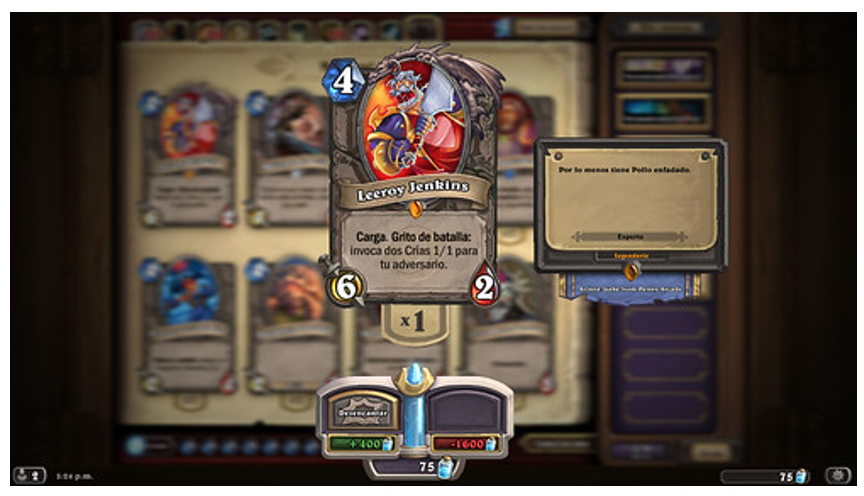Decades from their niche beginnings, online games today are immense and highly competitive. While this is great in terms of choice, it also means that the level of competition is often so high as to seem impenetrable as an outsider. What are buffs and nerfs, what are tier lists, why are people talking about the meta-game? All these questions and more can act as walls preventing newcomers from jumping in.
All is not as complex as it might initially seem, however. For newcomers, moving from beginner to intermediate and beyond just takes planning and practice. In this article, we aim to explore the key aspects that players need to know, to catch up to their friends and family, or just do well on their own.
Picking your Game
If you already know exactly what game you want to play then that’s great, but for many newcomers knowing where to start can be tricky. One thing to note here is that skills and abilities in one game can pay off heavily for another in the same genre, where base knowledge can at least give you a running start.
The most common example of this, stepping briefly outside of strictly video games, can be found in the online casino titles listed at sites like CasinoGuide NZ. If you get to know even one website here, or some of the basic games like slots, poker, or roulette, chances are you can jump into a similar title without issue. Traditional video games offer this same effect, but on an even greater scale.
A good place to start can be free to play games, many of which can be found on services like Steam. Rankings at websites like PC Gamer can also be a big help, as these can aid you in getting involved in at least testing the waters of different genres. Once you play around a bit, you can start to focus on which games you like most, so you can start to specialise.
Practice the Base Skills
An entire gaming picture can be incredibly complicated, but each picture is made up of many simple parts. At first, these parts will be overwhelming, and maybe even seem impossible to grasp, but finding improvement is just a matter of practice.
Tutorials from online from videos on YouTube can be a good place to get a start on concepts like better aim, flick shots, and spatial awareness. From here, either special practice modes or straight online play can then help you build your game. Rather than focus on everything at once, try to build one skill at a time. Keep at it until the skill requires little to no conscious thought, and then add others into your repertoire.
Engage with the Community
Once you’ve started developing some base skills, the next step is to get involved with the community. Finding a regular group to play with is not just fun, but it can also help with aspects of your game like communication and teamwork. Aside from this, community engagement can also help give context to terms, which you can learn at sites such as the BBC.
Becoming a skilled player takes time, and rarely is this as evident as it is with video games. Throwing yourself at a wall over and over again might eventually breakthrough, but oftentimes a little rest is key. Gaining skill in games isn’t just a conscious thing, it also relies on our unconscious ability to absorb lessons. For this reason, two hours of practicing a day over three days can be much more helpful than a single six-hour session. Choose your game carefully, ease into it, practice your skills thoroughly, and you could be surprised at just how far you can go.


